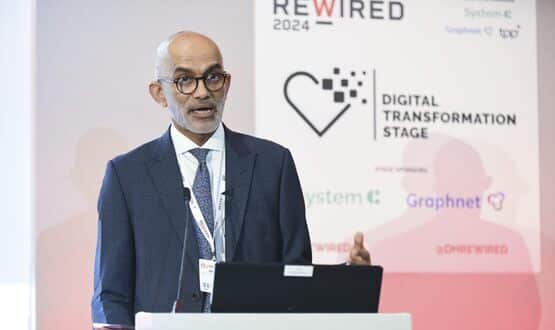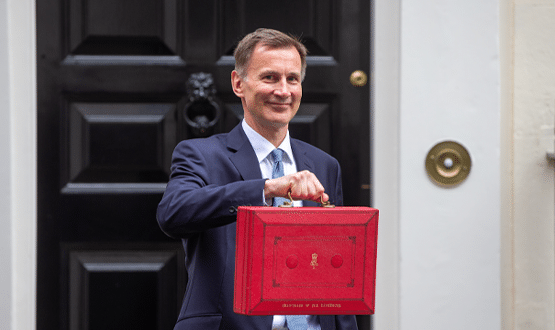King’s Fund calls for ‘virtual polyclinics’
- 10 June 2008
A leading health think-tank has recommended that the Department of Health should pilot ‘virtual polyclinics’ in a major report on the government’s plans to set up polyclinics and GP-led health centres across England.
The King’s Fund report, Under One Roof: will polyclinics deliver integrated care? argues that it many cases it will not be necessary to erect new buildings to house polyclinics.
It says commissioners could instead look at setting up “virtual polyclinics” using network technology to enable better sharing of health information and allowing specialist advice and consultation to take place remotely.
The report calls for more extensive use of technologies like video-conferencing and remote diagnostics.
The authors’ best-case scenario for polyclinics is that some areas should follow a ‘hub-and-spoke’ model in which the polyclinics acts as a resource centre housing a range of diagnostic, community and specialist services. Most GPs would remain in existing premises directly accessing resources based in the polyclinic. In other areas virtual polyclinics could be created.
In the report’s section on its best-case scenario for polyclinics the authors add: “Whether the polyclinic model is virtual or in a building, technology-based opportunities are seized when research demonstrates their benefits. For example, video-conferencing equipment may be used to support the hub-and-spoke model, by allowing GPs in medium-sized practices to consult polyclinic-based specialists remotely and in real time.”
Candace Imison, report co-author, said there was a strong case for challenging the way health care was organised in England and that polyclinic-type facilities could offer great opportunities to improve care for patients. But she added: “These benefits will only be realised if the focus is on changing the way we deliver care, not just changing where care is delivered.”
The report adds that PCTs should proceed with polyclinics only where there were clear benefits to local communities in terms of quality, access and costs.
In its conclusions the authors add: “The primary focus should be on developing new care pathways, using technologies to improve patient care and better joint working across teams and professions.”
In its recommendations the King’s Fund suggest that the Department of Health and strategic health authorities should consider pilots of various models including virtual polyclinics. It says PCTs should also consider alternatives to a buildings-based solution, for example through the use of IT and new technologies.
The researchers looked at 12 schemes developed through NHS LIFT that fitted a polyclinic-type model and conducted interviews with 28 key stakeholders. Only three of the 12 had social care teams within them but the report said no-one highlighted particular benefits accruing from the presence of social care.
The report adds: “Many respondents identified the significant barrier that the lack of an integrated information technology system creates for joint working. The need for parallel data entry, depending on whether a patient is seeing a GP, member of the community services staff or hospital staff, and therefore an inability to see patient contacts in the round, were cited as creating particular problems.”
The report called for a measured approach to the roll-out of polyclinics. Niall Dickson, chief executive of the King’s Fund, welcomed the government’s assurance that there would be no national blueprint for polyclinics but said this needed to be spelt out in unequivocal terms.
Dickson said: “Above all we appeal to ministers to make it abundantly clear that there will be no compulsion on local NHS organisations to erect buildings or follow this or any other centrally dictated model of care. Polyclinics may be the right answer in some areas, they will not be right for others. That should be a matter to be decided locally on a case-by-case basis using the best clinical evidence available together with a full assessment of the costs and the impact on patient access.”
The King’s Fund report was praised by both the NHS Confederation and the BMA. Nigel Edwards, policy director of the NHS Confederation, said the Confederation’s own report on polyclinics had highlighted that polyclinics would not always save money.
He added: “Polyclinics are not just big new buildings. Centralisation of services would not work in every area, especially rural areas. Models can be virtual, or use existing estates to bring clinicians together. It is essential that clinicians change ways of working and improve care pathways, not just move buildings.”
Link




